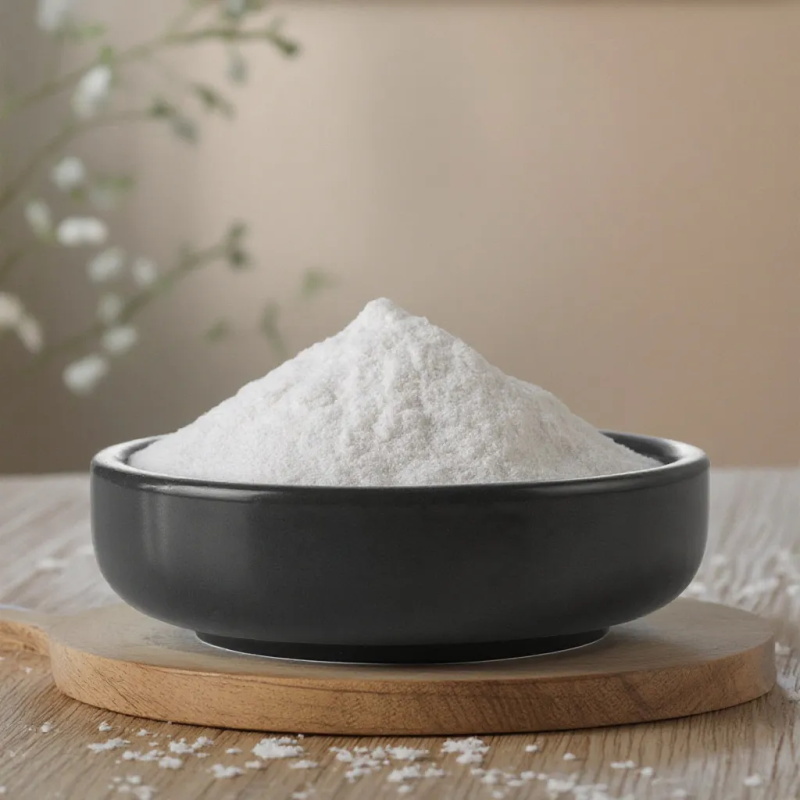Gluten, also known as active gluten flour or wheat gluten protein, is a natural plant protein extracted from wheat, rich in nutrients and a variety of functional properties. The following are the main roles and uses of gluten:
1. Applications in the food industry
Pastry products
Gluten plays a key role in pastry products, it can increase the gluten of the dough and make the pastry products softer, more elastic and more resilient. At the same time, it can also improve the taste and color of pastry products, and improve their nutritional value.
Meat products
Adding gluten to meat products can enhance the texture and chewiness of meat products, improve their protein content and increase their nutritional value. In addition, gluten can also improve the water retention properties of meat products and extend their shelf life.
Dairy products
Adding gluten to dairy products can improve the protein content of dairy products and increase the nutritional value. At the same time, gluten can also improve the taste and stability of dairy products and extend their shelf life.
Beverages
Adding gluten to beverages can improve the protein content of beverages and increase their nutritional value. At the same time, gluten can also improve the taste and stability of beverages and extend their shelf life.
Health food
As a high-quality plant protein source, gluten can be used as an important raw material for health food. Through reasonable formulations and processes, a variety of highly nutritious and high-quality health foods can be prepared.
Bread and buns
In the production of bread, the addition of 2-3% of gluten can significantly increase the water absorption of the dough, enhance the mixing resistance of the dough, shorten the fermentation time of the dough, so that the specific volume of the finished bread increases, the texture of the core of the bread is fine and uniform, and in the color of the skin, appearance, elasticity and taste are greatly improved. In the production of steamed bread, add about 1% of gluten, can enhance the quality of gluten, significantly increase the water absorption rate of the dough, enhance the water retention of products, improve taste, stabilize the shape, extend the shelf life.
Instant noodles and noodles
Adding 1-2% of gluten can increase the toughness of noodles, processing is not easy to break the head, resistance to boiling and soaking and gluten with bite.
Ham and sausage and other meat products
Gluten in ham and sausage, sandwiches, luncheon meat and other meat products as a binder and filler, especially in fish, sausage and red sausage and canned meat can be partially replaced by lean meat, increase elasticity and densification, reduce the content of animal fat and cholesterol, improve yield and extend shelf life.
2. Application in other fields
Feed industry
Gluten is also widely used in the feed industry. It has strong adhesion ability, easy to shape into particles, put into the water after absorbing water beverage is enveloped in the wet gluten network structure and suspended in water, nutrition will not be lost, can greatly improve the utilization rate of fish and other fish.
Pharmaceuticals and health products
The protein in gluten can combine with bacteria and mutate in vitro, and can be made into an immunomodulator, which is beneficial to assist in strengthening the body's resistance. The starch in gluten helps relieve gastrointestinal stress and can assist in relieving pregnancy reactions in pregnant women, but it needs to be consumed in moderation under the guidance of a doctor.
3. Nutritional value
Gluten is also rich in trace elements and minerals, such as zinc, iron, magnesium, calcium, etc., which can help improve the symptoms of rough skin and lack of elasticity, and can also assist in reducing the absorption of cholesterol, which is conducive to good health. In addition, gluten is rich in dietary fiber, which helps prevent constipation.
In summary, gluten has a wide range of applications in the food industry, pharmaceuticals, health care products and feed industry and other fields, not only to improve the quality and nutritional value of products, but also to play its unique functional role.
